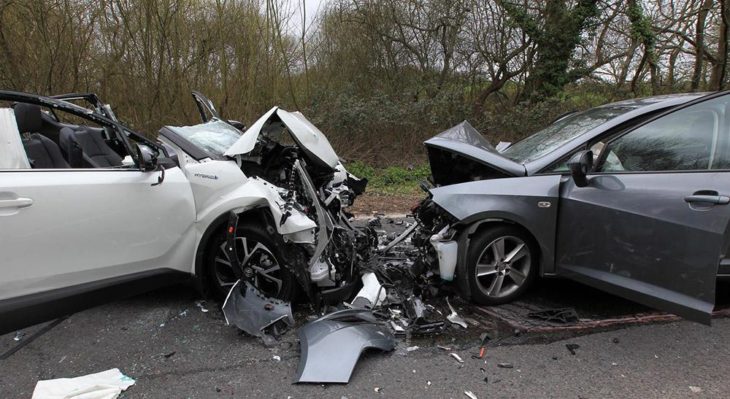A motor vehicle accident can occur at the drop of a hat, which is why it is crucial to be prepared in advance. Of course, there is truly no way to prepare for such an event, but you should know how to behave and what to do. No one knows better about motor vehicle collisions than law enforcement officers who assess the scenes. So, if you really want firsthand information and recommendations, you should contact your local police department. In the mean time, you can read the tips provided below to help jumpstart your effort.
Always Stay Calm
No one truly knows how he or she would react to being involved in a collision. However, it is crucial to remain calm throughout the process. If you do not remain calm, everything will only get worse. If you are calm, you will be able to think more clearly and handle the situation appropriately.
Always Put Safety First
The first thing you want to do is make sure you and your vehicle is in a safe location. Law enforcement officers recommend moving vehicles involved in minor accidents to a safe location. Once you reach a safe location, you should turn on your hazard lights and turn off your vehicle. If you have access to flares, warning triangles or cones, you should place them around your vehicle to alert oncoming drivers that you have been involved in a collision.
Call 911
Once your vehicle is in a safe location, you will need to dial 911. Alert the dispatcher about the accident and request an officer to come to the scene. The dispatcher will dispatch an ambulance out to the scene. Once the officer arrives to the scene, he/she will begin filling out a police report. This document contains crucial information that will play a key role in filing a claim with your auto insurance company. The experts at the Collision Center recommend filing a police report, because it will help establish who is at fault.
Gather Information
Even if you are expecting a police officer to arrive at the scene, you should collect information from the other drivers involved in the accident. The information that you will want to collect is the names of all the passengers and drivers. Also request their contact information, driver’s license numbers, license plate numbers and vehicle descriptions, including year, make and model and insurance policy numbers. You should also provide this information to the other drivers as well.
Also get the police officer’s badge number and name. Document the accident scene address and/or location, if at all possible. All of this information will come in handy for the claim process. Afterwards, you can look for a collision repair shop to work on the repairs.
Take Photos Of The Scene
If you have access to a camera, you should take photos of the accident scene and all the vehicles involved in the accident. However, you should not start snapping photos, if you are not in a safe location. Even if you are tempted to do so, it could increase your risk of being involved in another accident that could potentially be worse than the first one.









